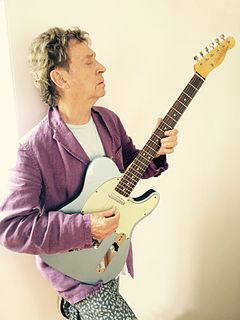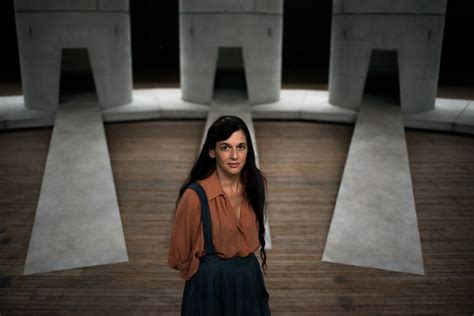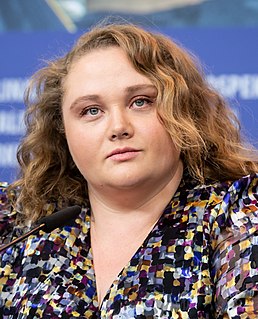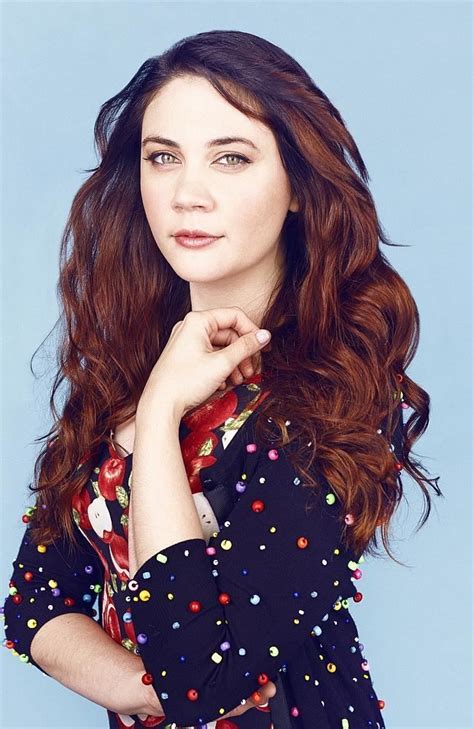A Quote by Duane Michals
Photographers tend not to photograph what they can’t see, which is the very reason one should try to attempt it. Otherwise we’re going to go on forever just photographing more faces and more rooms and more places. Photography has to transcend description. It has to go beyond description to bring insight into the subject, or reveal the subject, not as it looks, but how does it feel?
Related Quotes
I think you reveal yourself by what you choose to photograph, but I prefer photographs that tell more about the subject. There's nothing much interesting to tell about me; what's interesting is the person I'm photographing, and that's what I try to show. [...] I think each photographer has a point of view and a way of looking at the world... that has to do with your subject matter and how you choose to present it. What's interesting is letting people tell you about themselves in the picture.
Most photographers go and photograph something that they see, that exists, and that somebody else has created - they document it. But fashion photographers have to create what they're going to photograph. We have to go into the thought and build it up, get a girl, get a guy, get a situation, get the house, get the decor. It's the meaning of the word photography: "writing with light."
Kant's description of most ethical duties reads more like a description of moral virtues and vices. Once we see this, we see that Kantian ethics is indeed a kind of virtue ethics, and that it does not "divide the heart from the head" (to anticipate one of your later questions) but instead recognizes the deep truth that reason and emotion are not opposites.
Approaching subject matter to photograph is like meeting a person and beginning a conversation. How does one know ahead of time where that will lead, what the subject matter will be, how intimate it will become, how long the potential relationship will last? Certainly, a sense of curiosity and a willingness to be patient to allow the subject matter to reveal itself are important elements in this process.
Documentary photography is becoming more illustrative as people become more familiar with photography’s limitations and vulnerabilities. Reality has always been interpreted through layers of manipulation, abstraction, and intervention. But now, it is very much on the surface. I like this honesty about its dishonesty. Every photograph has many truths and none. Photographs are ambiguous, no matter how seemingly scientific they appear to be. They are always subject to an uncontrollable context. This is a tired statement, but worth repeating.
Today's photographers think differently. Many can't see real light anymore. They think only in terms of strobe - sure, it all looks beautiful but it's not really seeing. If you have the eyes to see it, the nuances of light are already there on the subject's face. If your thinking is confined to strobe light sources, your palette becomes very mean - which is the reason I photograph only in available light.
Mere numbers cannot bring out ... the intimate essence of the experiment. This conviction comes naturally when one watches a subject at work. ... What things can happen! What reflections, what remarks, what feelings, or, on the other hand, what blind automatism, what absence of ideas! ... The experimenter judges what may be going on in [the subject's] mind, and certainly feels difficulty in expressing all the oscillations of a thought in a simple, brutal number, which can have only a deceptive precision. How, in fact, could it sum up what would need several pages of description!
I was shocked when I moved to Sydney how very few indigenous people I came across. And so when I go to places like Maroubra or Redfern or Waterloo or Erskineville, I feel more at home because of the people I'm around - anywhere I can see a face that reflects someone that looks like my family, I feel much more at home.
I think that one of the things is that, if you are going to decide to be a painter, you have got to decide that you are not going to be afraid of making a fool of yourself. I think another thing is to be able to find subjects which really absorb you to try and do. I feel that without a subject you automatically go back into decoration because you haven't got the subject which is always eating into you to bring it back - and the greatest art always returns you to the vulnerability of the human situation.
It seems that the more places I see and experience, the bigger I realize the world to be. The more I become aware of, the more I realize how relatively little I know of it, how many places I have still to go, how much more there is to learn. Maybe that's enlightenment enough - to know that there is no final resting place of the mind, no moment of smug clarity. Perhaps wisdom, at least for me, means realizing how small I am, and unwise, and how far I have yet to go.
Younger women tend to be busier, wearing more layers and more make-up. I don't know if it's because older women are more confident, or just that we don't care any more. But that pared-down approach is the same with the sentences I write; I take out adjectives and adverbs and keep the description to a minimum.



































